That’s what is showing up in the weekend box office reports.
Both earned $1.8 million in North American cinemas.
Results here.
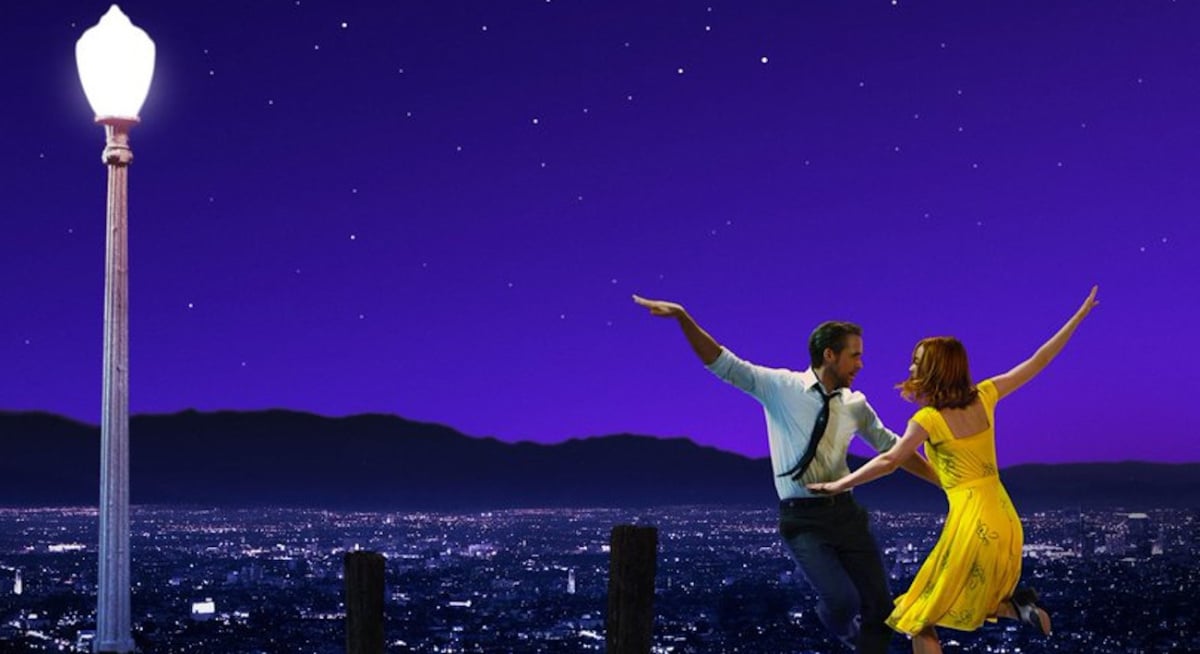
That’s what is showing up in the weekend box office reports.
Both earned $1.8 million in North American cinemas.
Results here.

The New Yorker critic has launched a vigorous and thoughtful defence of his craft, which is under severe pressure at cost-cutting newspapers. Just today it was learned that the Guardian has cut back the contract of an essential theatre columnist.
Alex Ross acknowledges that ‘Criticism of any kind is increasingly unwelcome at the digital-age paper’. He reports mounting pressure on critics to make their reviews ‘more topical, more digestible.’
He adds: ‘Once you accept the proposition that popularity corresponds to value, the game is over for the performing arts.’
There is, however, a glimpse of hope: ‘In the wake of the 2016 Presidential campaign, with its catastrophic feedback loop of fake news and clickbait, people have subscribed in surging numbers to so-called legacy publications. Do these chastened content-consumers really want culture pages dominated by trending topics? Or do they expect papers to decide for themselves what merits attention? One lesson to be learned from the rise of Donald Trump is that the media should not bind themselves blindly to whatever moves the needle.’
This is a serious argument, one which should give encouragement to cultural readers and a moment’s pause to editorial axe wielders. Will it? Let’s hope so.
Read the full New Yorker essay here.

A grandson of the opera encyclopaedist Gustav Kobbe, Francis Thorne composed more than 120 works including the well-known opera, Mario and the Magician.
Frustrated at the lack of opportunities for his fellow-creators, he founded the American Composers Orchestra in 1977 with conductor Dennis Russell Davies.
The ACO has premiered works by 800 US composers over 40 years.
Thorne died on March 7 in a Connecticut nursing home.
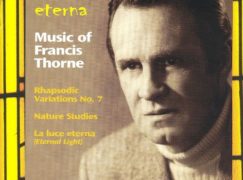
In a further sign of disarray at fortress Gelb, Marita Altman, who has been Director of Major Gifts at the Metropolitan Opera since 2008, is leaving to join Opera Philadelphia as v-p of development.
She starts the new job this week.
Great catch for Philly, but who’ll rattle the big begging bowl for the Met?

press release:
Monday, March 13, 2017: David B. Devan, General Director & President of Opera Philadelphia, announced today the appointment of Marita Altman as Vice President of Development. Ms. Altman begins her tenure in Philadelphia on Wednesday, March 15, after stepping down from her post as Director of Major Gifts at the Metropolitan Opera, where she has worked since 2008. Altman will manage all of the company’s fundraising operations while working alongside members of Opera Philadelphia’s senior management team.
In announcing Altman’s appointment, Devan said: “Marita Altman has a distinguished record of accomplishment as a fundraiser, a passion for opera’s history and possibilities, and a deep commitment to innovation. She has proven very successful in helping to shape institutional plans and goals, and to build the resources needed to support them. At Opera Philadelphia, she will bring the strategic leadership skills, technical expertise, and passion for our mission that we value and need in the time ahead. She will lead a Development team that is committed to the mission of inspiring artists and audiences and creating opera for the 21st century. We are very pleased to welcome Marita to theOpera Philadelphia family.”
The Gewandhaus, which is publishing details today of Andris Nelsons’s first half-season as Kapellmeister, has allocated no fewer than 26 concerts to the US-born Swedish conductor Herbert Blomstedt, who will be 90 next year.
Guess he doesn’t cancel as easily as those wussy youngsters.
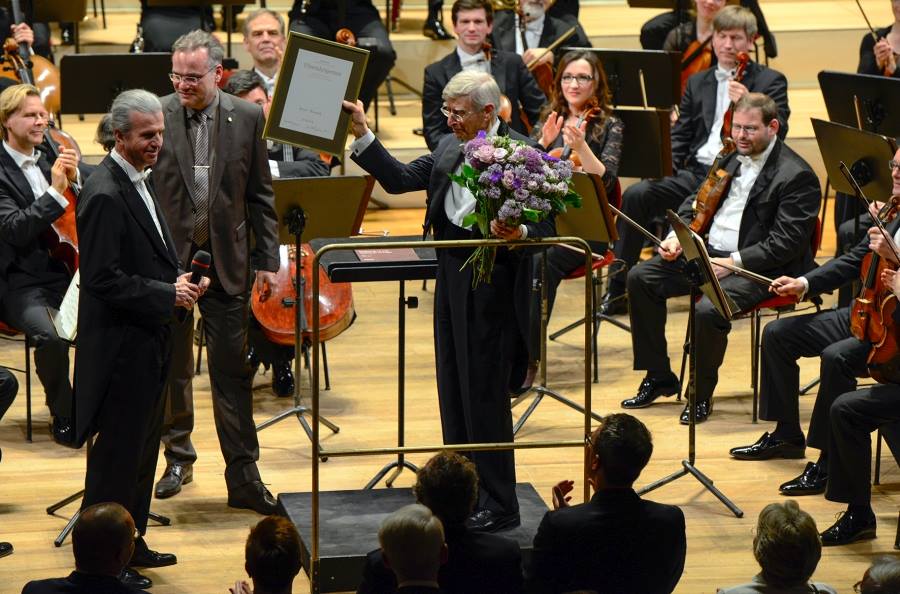
The Latvian prime minister Māris Kučinskis has gone on Twitter to offer condolences on the death of Gido Kokars, who has died at the age of 95.
Kokars was a leader of the country’s phenomenal choral tradition.
Is there a prime minister of any other country who can even remember the name of a chorusmaster?

The magnificent mezzo shares some thoughts on her 89th birthday:
‘When Jon Vickers sang … I began to weep on the stage’
‘There is no such thing as the best: if you say today that Anna Netrebko, who has lots of promotion, is the best opera star in the world, this is not true.’
‘Maria Callas did not have a beautiful voice, but what she made of it, the interpretation – unbelievable!’
‘Ich würde nie wieder Sängerin werden.’
‘At my funeral I want Mahler’s Ich bin der Welt Abhanden gekommen. Sung by me, of course. But I’m not sure which recording.’
Many more happy birthdays, Christa Ludwig!
Read more here.
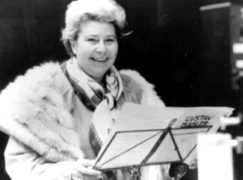
The excellent interview is by Christian Berzins in the NZZ am Sonntag.
The Toledo Symphony is asking all ticket holders to bring canned food to concerts during the month of March.
The food will be donated to the Martin Luther King Kitchen on Vance street.
Those who can’t spare the time for a symphony are asked to bring food anyway.
More here.
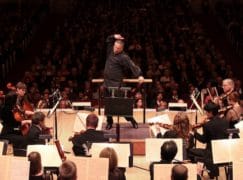
Laura Flax, former principal clarinet at City Opera, died on March 12, aged 64.
Laura was a role model for innumerable orchestral players and an inspiration to their children. She chaired the orchestral committee at NY City Opera unflappably through rocky times.
And she found time to premiere works by works by Joan Tower, Shulamit Ran, Philip Glass and Elliott Carter.
She was also principal clarinet of the part-time American Symphony Orchestra from 1994 to her death.
Our condolences to her twin daughters.

Wolfgang Rihm turns 65 today. He is being lionised in German media and ignored in all others.
Rihm is by far the busiest of living German composers, rushing from one rich commission to the next. He has been composer in residence at the Lucerne and Salzburg festivals and is a favourite of Anne-Sophie Mutter, who in 2010 premiered his violin concerto at Carnegie Hall.
Rihm gets a fair hearing, but audiences outside his language zone simply don’t respond as they do back home.
It’s a fact of life that some fine composers, like some fine wines, don’t travel.
Max Reger one way, Vaughan Williams the other. Beloved at home, unheard abroad.
Happy birthday, Wolfgang Rihm.
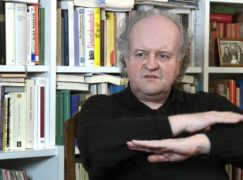
Facebook has reminded me that five years ago today I posted this rare clip of CK conducting Wozzeck, a work which his father premiered in Berlin in 1926.
Has that score ever sounded more captivating?
Can’t get enough of it.
Enjoy your week.
